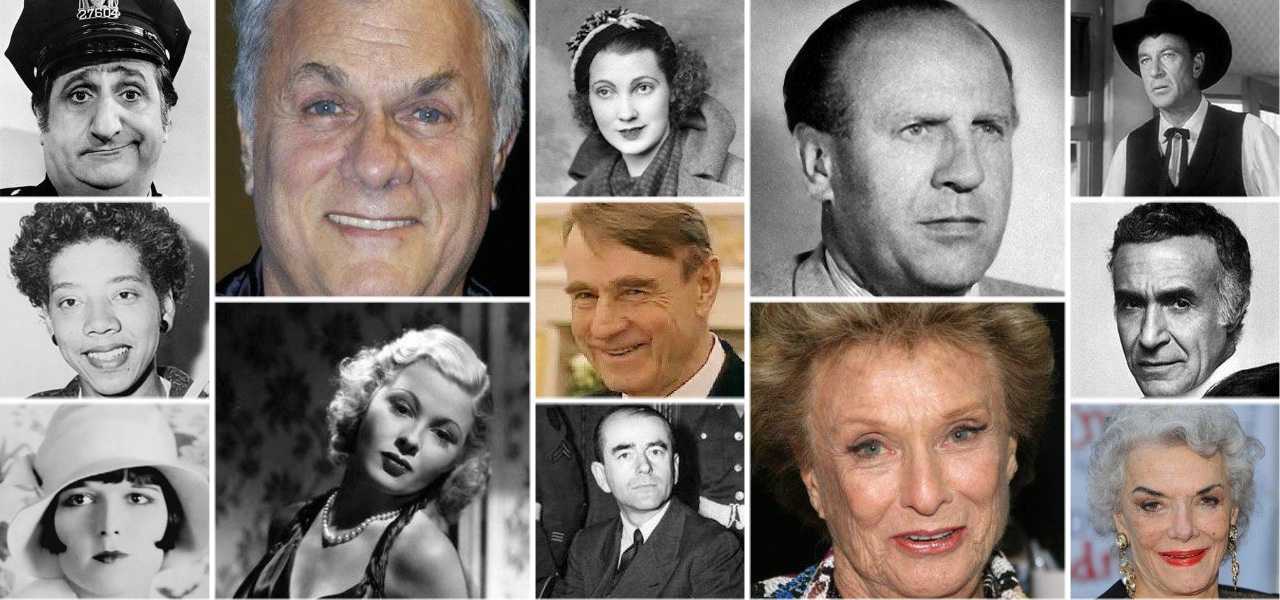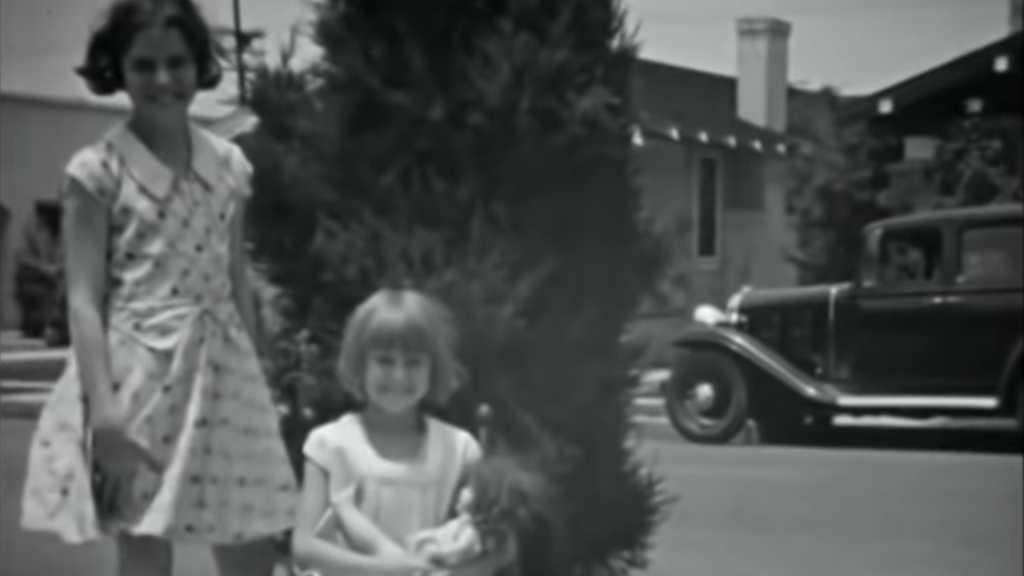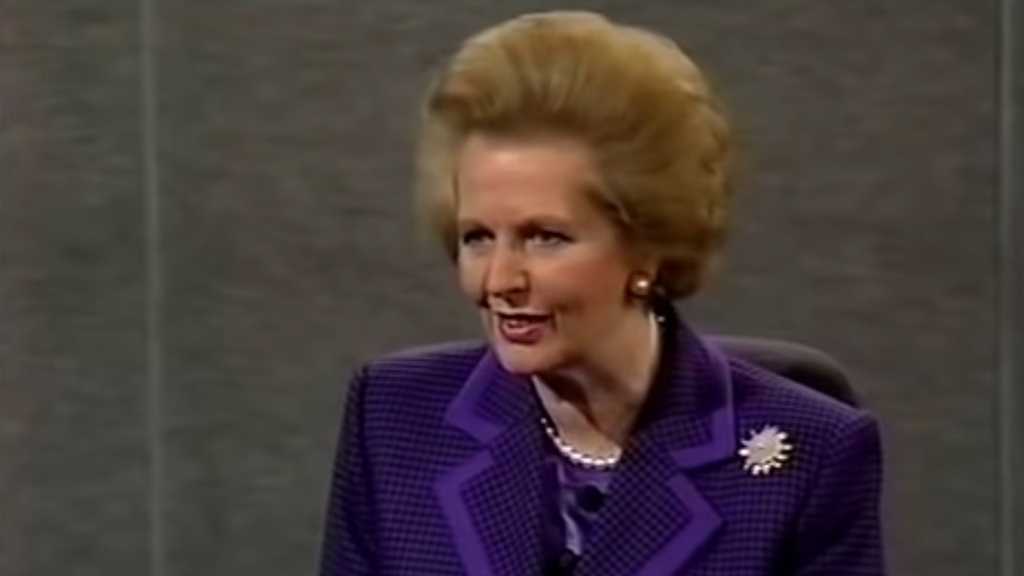
Greatest Generation
The Greatest Generation refers to Americans who lived through the Great Depression as well as World War II. These are the people who fought in the War or alternatively contributed to it through their labor in different industries.
Other terms for the Greatest Generation are G.I. Generation or the World War II Generation.
Born 1901 - 1927, these are the people who, as a result of much hardship, worked together to overcome their circumstance and improve their lives. They are the parents of the Baby Boomers and the children of the Lost Generation.
Where does the term “Greatest Generation” come from?
The term is credited to television journalist and author Tom Brokaw who wrote a book titled The Greatest Generation. In the book, he wrote about Americans of this generation who went to fight in the war and those who worked to support the war. He was inspired to write the book after attending the 40th-anniversary commemoration of the D-Day invasion of mainland Europe.
Brokaw declared this to be the greatest generation because they suffered through, persevered and overcame unbearable hardships.
What were the characteristics of the members of the Greatest Generation?
The Greatest Generation developed many admirable core values that our modern society lacks. That is probably because they were called upon to make great sacrifices. First they grew up in the harsh economic realities of the Great Depression and then they had to face WWII either by fighting in it or contributing to it in some way.
When the Japanese attacked Pearl Harbor, America needed men and women to defend freedom and democracy. Men and women who possessed the strength of character and courage to make difficult sacrifices. These same character traits that carried them through the war, helped them to build America after their return.
A sense of responsibility
The children growing up in the Great Depression did not have the luxury of a carefree childhood. The responsibilities of adulthood came to them early. Young teenagers had to go out and work to help support their families. This sense of responsibility stayed with them throughout their lives.
Respect and loyalty to marriage and family
In the 1920s and 30s families stayed together. If a family went bankrupt, everyone pitched in to make ends meet. When a wife lost her husband in the war, she was supported by her family or in-laws. Family members helped each other to survive. Divorce was not brooked. It was simply not an option to abandon your family. Rather, it brought shame on the family.
A strong work ethic
During the depression, if you were lucky enough to have a job, you worked at it 14 hours a day, 6 or 7 days a week to keep it and support your family. Thousands of Americans labored in mines, mills and factories, often putting their lives in danger as safety regulations were not in place then.
People on the farms were no better off. They were out working the land from dawn to dusk.
After Pearl Harbor, people were called upon to work even harder. The nation put in all they had to defend democracy and protect America against communism. And after the war, they continued to work relentlessly to build the American economy.
Financial frugality
The hardships of the depression gave this generation an enduring urge to save money. The Great Generation worked hard at saving money in order to feel safe and secure, never to suffer hardship and hunger again. No matter how little they earned, they always managed to save something. Yet, although their savings often turned them into millionaires towards the end of their lives, they continued to live frugally.
Unwavering faith in God and commitment to religion
The Great Generation depended on their faith to get through another day. And they depended on God to protect their sons, husbands, fathers and sweethearts on the war front. And the soldiers themselves prayed to God on the battlefields.
Interesting facts about the Greatest Generation
The Greatest Generation gave the world charismatic presidents, glamourous movie stars and noteworthy social leaders and scientists.
John F. Kennedy was born in 1917 and later became president. Other American presidents who were also from the Greatest Generation are Lyndon B. Johnson, Richard M. Nixon, Gerald R. Ford, Ronald Reagan, Jimmy Carter, and George H.W. Bush.
This was also the Golden Age of Hollywood. Film screens were adorned with famous names like Marilyn Monroe, Frank Sinatra, Bette Davis, Marlon Brando, Lucille Ball, Judy Garland, Paul Newman, Ingrid Bergman, Bing Crosby and Ginger Rogers to mention just a few.
Another American icon that shaped the entertainment industry worldwide, Walt Disney, founded his company in 1923.
Montgomery Bus Boycott
On December 1, 1955, Rosa Parks was arrested for refusing to give up her seat to a white passenger. That action triggered the Montgomery bus Boycott which eventually became a hugely successful civil action against racial segregation on public transport.
Parks became known as the first lady of civil rights and the mother of the freedom movement. The civil rights activist eventually became an international symbol against racial segregation.
Famous world leaders
The Greatest Generation count among it some of the world’s most iconic world leaders. Queen Elizabeth, born April, 21 1926, is the longest-reigning monarch in British history. She is head of the Commonwealth of Nations and Supreme Governor of the Church of England.
Nelson Mandela, born 18 July 1918, was also from the Greatest Generation. He is famous for leading the charge to abolish Apartheid in South Africa. He was awarded the 1993 Nobel Peace Prize.
Margaret Thatcher, known as the Iron Lady, was born October 13, 1925 and became the first female British Prime minister.
Nobel Prizes winners
After WWII, the G.I. Bill came into law. It created beneficial programs for veterans returning from the war. The benefits meant that they became the first generation who could afford to obtain a tertiary education in great numbers. In fact, this generation has more than 100 Nobel Prize winners.
The birth of the technological future
Our brave new technological world originates with a member of the Greatest Generation. Alan Turing, the father of computer science was born on June 23, 1912 in London. Turing was a computer scientist and cryptanalyst. He designed and developed the Turing machine, an early theoretical model of the computer. Today, he is regarded as the father of artificial intelligence.
How many are still with us?
People who were born in 1920 will now be 100 years old. In 2012, the United Nations estimated that there were 316,600 living centenarians worldwide. America has about 75,000 centenarians.
According to the Hoover Institution, there are still about half a million veterans from the Greatest Generation alive today.
Conclusion
The Greatest Generation was in many ways indeed the greatest. They overcame much hardship and left the world in a better state than they found it. They leave a legacy of great institutions built on hard work and sacrifice. They have much to teach us in our own trying times.


